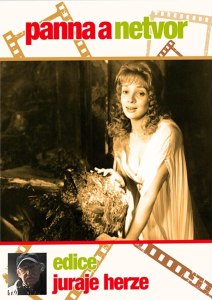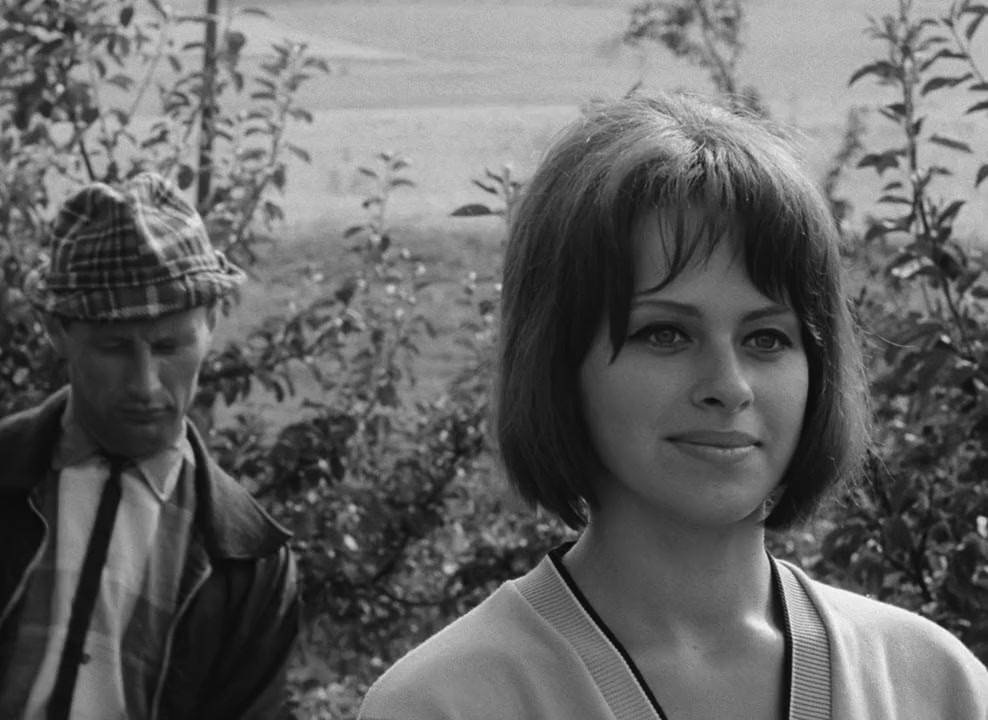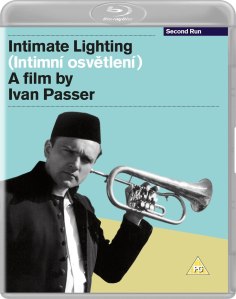
As a writer dad, I enjoy observing the behaviour of other fathers at children’s cafes and play areas. There’s always the guy with his face stuck in his phone, oblivious to his offspring force-feeding a plastic pineapple to another kid. Then there’s the frazzled dad, gazing sadly into the middle distance as if trying to catch a glimpse of a parallel universe where he still doesn’t have children.
There’s the laddish dad, trying gamely to get involved with a beer in hand, giving it his best while also clearly wishing he was down the pub with his mates. Then there’s my favourite, the dad who starts eating a bag of Pom-Bar out of boredom or hunger, picks up speed, marvelling at how moreish they are until he’s stuffing whole fistfuls into his mouth, glancing around furtively to see if anyone has noticed him devouring his kid’s snack. I’ve often thought that the manufacturers of Pom-Bar should do an alternative grown-up packaging, like when there were adult covers for Harry Potter books, so dads could get stuck into a bag without feeling guilty or childish for enjoying them so much.

Buy I Enjoy the World with You from Amazon HERE
Of all the types of dad I observe in these situations, it’s very rare to see one committing to his role with as much gusto or joie de vivre as the three central characters in I Enjoy the World with You. It’s a relentlessly kind-hearted family film that was once voted the best Czech comedy of all time. And, while it didn’t exactly have me rolling around on the floor with laughter, it’s not hard to see why the movie is so enduringly popular…
Continue reading “I Enjoy the World with You (S tebou mě baví svět) – Marie Poledňáková, 1982”










